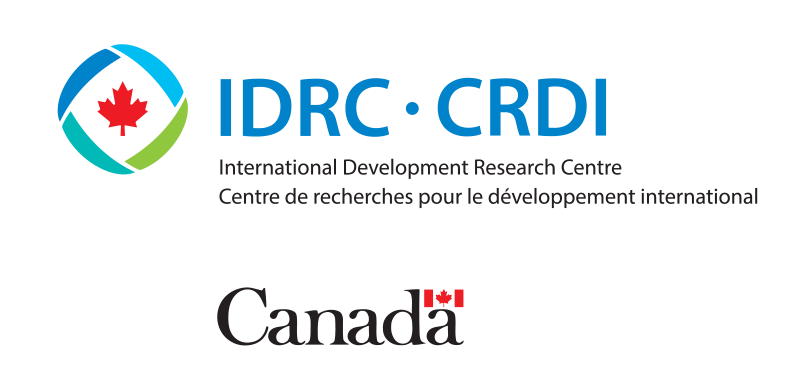Voices of Recovery
Aims to strengthen the voice and promote recognition of the needs and capacities of communities facing intersecting risks in Latin America, in the wake of the COVID-19 pandemic.
The hope is that this collaboration can help these and other communities to more effectively shape decision-making processes around sustainable recovery.
The project, which commenced in 2022, seeks to:
understand the long-term social, economic and cultural impacts of the pandemic, and the conditions that have influenced how communities were affected,
recognise the recovery needs of communities, as well as the capacities and strategies they have developed to cope with, resist and recover from these impacts, and
support communities to strengthen their collective voice in shaping and developing actions that contribute to a more equitable and sustainable recovery.
Our research work with communities has been mostly qualitative, consisting of both individual conversations/interviews and many different forms of collective interactions and workshops. Activities during the workshops have included group discussions, memory exercises and participatory timelines, social mapping exercises, creative work with adults and children, as well as sessions oriented to developing community-led outputs and initiatives. The varied ways in which the activities have evolved in each location is a reflection of the flexible and responsive ethos of the project: we want to make sure that our methodologies match the local contexts, challenges and preferences of the communities with which each team work. All aspects are intended to support the needs, concerns and voices of communities as they emerge from the post-pandemic period.
Who is part of the project?
The project includes researchers, organizations and communities from Brazil, Colombia, Peru, and the United Kingdom.
-

Brazil
The National Center for Monitoring and Early Warning of Natural Disasters (CEMADEN, Brazil) works with traditional and indigenous communities in the state of Pará. These include several communities that live in two Sustainable Use Reserves, the Tapajós-Arapiuns Reserva-Extractiva (RESEX) and Tapajós Bosque Nacional (FLONA) reserves, as well as Quilombola communities living adjacent to the cities of Cametá and Belém.
In Brazil, the project is funded by the São Paulo Research Foundation (FAPESP).
-
Colombia
Universidad de Caldas works in the municipalities of Marquetalia (Caldas), Florencia and La Montañita (Caquetá) with organisations and collectives of young people, rural women and survivors of the armed conflict.
In Colombia, the project has been funded by the International Development Research Centre (IDRC) of Canada, the Ministry of Science, Technology and Innovation (Minciencias - Colombia), the University of Caldas (Manizales-Colombia) and the Arts and Humanities Research Council (AHRC - United Kingdom).
-

Peru
The Pontificia Universidad Católica del Perú (PUCP) works in the provinces of Satipo and Chanchamayo, in the central region of the Amazon with two indigenous organizations in two areas of the central jungle: the Asháninka Central of the Ene River (CARE), which brings together 18 native communities in the Ene River valley, and the Organization of Asháninka Indigenous Women of the Central Forest (OMIAASEC), the regional base of the National Organization of Andean and Amazonian Indigenous Women of Peru (ONAMIAP). Within these areas, we worked on the ground with three communities: Shankivironi, San Jerónimo and Potsoteni.
In Peru, the project is funded by Canada's International Development Research Centre (IDRC).
United Kingdom
Researchers from University of East Anglia and University of Edinburgh work with the teams above to support the collaborative research and help coordinate outputs across the countries.












